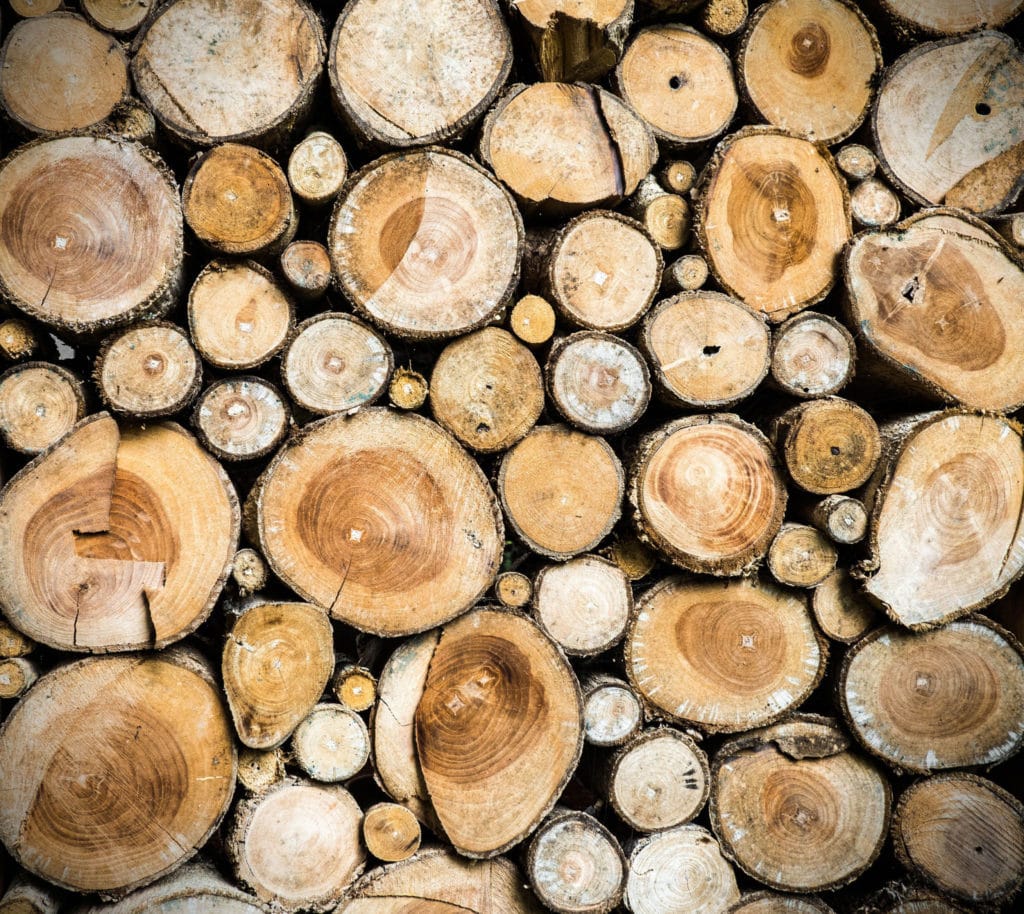One of the most quintessential evergreen aromatics in the world, Cedarwood Oil is sweet and woody, with a creamy balsamic aroma comparable to fresh pencil shavings. One of the first essential oils ever distilled from nature, cedarwood is widely utilized for its smooth sawdust-like fragrance, which is almost universally applicable throughout the flavor and fragrance industry. Each variety has its own unique usage and nuance, though the overall aroma retains a characteristically woody odor.
